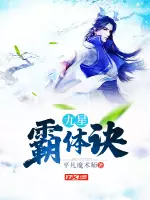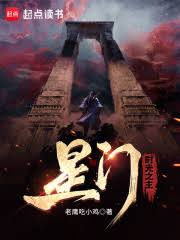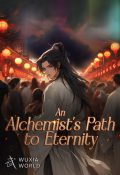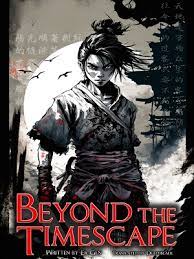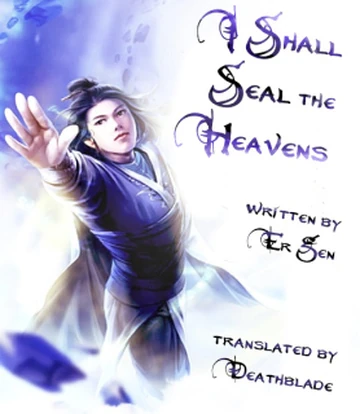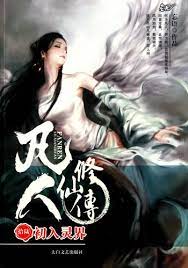The Story in 3 Sentences
Long Chen begins as a crippled youth in the Phoenix Cry Empire, scorned by noble heirs and barred from cultivation until he fuses with the ancient soul of the Pill Sovereign.
Through this union, he unlocks the Nine Star Hegemon Body Art, a divine physique technique that forges his body into a weapon capable of defying heavenly laws and toppling sects.
As he rises, exposing imperial conspiracies and his father’s fate, Long Chen becomes a storm of rebellion, reshaping power, justice, and destiny across the land.
Why It Stands Out
1. The Body That Shatters Heaven
The Nine Star Hegemon Body Art isn’t just a cultivation method—it’s a revolution. Unlike typical xianxia protagonists who rely on spiritual energy or sudden inheritances, Long Chen’s path is one of relentless physical tempering, each star forged through blood, lightning tribulation, and shattered bones. The art’s integration with alchemy, guided by the Pill Sovereign’s memories, creates a layered system where crafting pills isn’t a side skill but a core weapon. This fusion gives the story a grounded intensity, making every breakthrough feel earned and every battle a testament to bodily transcendence.
2. Face Slaps With Fire and Consequence
Every humiliation Long Chen endures is repaid tenfold in public disgrace for his enemies. The novel thrives on its “face slapping” moments—when a noble heir sneers at the cripple, only to have his sect shattered days later, or when a sect elder dismisses him, only to kneel before his divine ring. But these aren’t hollow victories. Each slap carries weight, triggering wars, shifting alliances, and exposing corruption within the imperial court and great families like the Luo and Bi. Readers don’t just cheer the comeuppance—they feel the tectonic shifts in power, making the rebellion personal and political.
3. A Rebel With a Dao Heart
Long Chen isn’t just strong—he’s principled. In a genre where MCs often become tyrants once empowered, he refuses to lose himself. He protects the weak, honors his brothers, and even spares enemies who once tortured him, not out of weakness, but because his dao demands it. This moral consistency, paired with his sharp tongue and love for provoking others, creates a hero who’s both feared and admired. He doesn’t bow to heaven, yet he doesn’t become heaven’s replacement—he carves his own path, making his defiance feel earned, not arrogant.
Characters That Leave a Mark
There’s Chu Yao – the calm, deadly force who stands beside Long Chen through every storm, her loyalty unshaken even when facing annihilation.
You’ll meet Shi Feng, whose unwavering spirit and battle cry inspire entire armies, standing shoulder to shoulder with Fatty Yu as one of Long Chen’s most trusted brothers.
And Lu Fenger? They’re the one who embodies the cost of brotherhood, dragged into chaos not by strength but by bond, their forced romance sparking debate but underscoring the emotional weight Long Chen carries.
The Flaws Fans Debate
The pacing drags in mid-late arcs, where similar face slaps repeat with diminishing impact, making some sections feel like narrative loops.
Long Chen constantly vows to exterminate enemies like the Bi family, yet hesitates at critical moments, leading fans to accuse him of emotional inconsistency or authorial reluctance to escalate.
Harem subplots and comedic flirtations, especially with junior sisters, often interrupt serious arcs, diluting tension and making some relationships feel unearned.
At higher cultivation stages, the mechanics blur—divine rings, dragon scales, and life force costs lack clear rules, leaving power scaling feeling arbitrary rather than systematic.
Must-Experience Arcs
Ch. 1–100: Dragon Soars From The Shallows – Long Chen’s rebirth begins in humiliation and ends with the first star of his body art forged, setting the tone for his war against fate.
Ch. 800–1500: Dragon Slaughtering Convention – A grand tournament where Long Chen clashes with geniuses from top sects, unveils advanced body art transformations, and solidifies alliances with Chu Yao and Shi Feng amid rising war tensions.
Ch. 5900–6200: Life End Stage – The Bi family’s massacre triggers a cascade of vengeance, loss, and strategic repositioning, pushing Long Chen to master life and death energies and confront the depths of his own dao.
Killer Quotes
“Even if the heavens try to suppress me, I’ll punch a hole through them and see what’s on the other side.”
“They called me crippled. Now I’ll show them what a cripple can do to a sect.”
“A man’s word is his dao. If I say I’ll protect someone, not even the Emperor can take that from me.”
Cultural Impact
Fans in over 10 countries still debate whether Long Chen should have wiped out the Bi family completely or shown mercy.
Cosplay of Long Chen with his cracked divine ring and Nine Star battle stance has appeared at major anime conventions.
The phrase “punch the heavens” became a meme in xianxia communities, symbolizing defiance against fate.
Western readers cite this novel as a gateway to understanding body cultivation’s role in xianxia, distinct from pure spiritual paths.
Despite the manhua’s cancellation at 65 chapters, fan-made animations and art continue to circulate widely.
Final Verdict
Start Here If You Want:
A protagonist who turns physical suffering into power, using the Nine Star Hegemon Body Art to shatter limits and enemies alike.
To witness a cultivation story where alchemy, combat, and social warfare are equally vital to survival.
A hero who defies heaven but never loses his humanity, standing firm in loyalty and principle.
Study If You Love:
Long-form xianxia with deep world-building, where sect politics and imperial conspiracies evolve over thousands of chapters.
Complex relationships that endure—brotherhoods tested in fire, allies who grow alongside the MC, and rivals who become legends.
Themes of identity and rebellion, where the fight isn’t just for strength, but for the right to define one’s own fate.
Avoid If You Prefer:
Tight, fast-paced narratives—this novel luxuriates in repetition, buildup, and prolonged confrontations.
Minimal harem or romantic comedy—Long Chen’s flirtations and junior sister antics are frequent and often tonally jarring.
Strict cultivation logic—later stages rely more on willpower and plot necessity than consistent rules.
